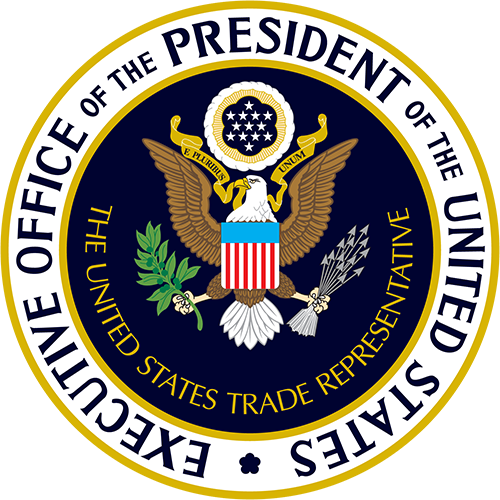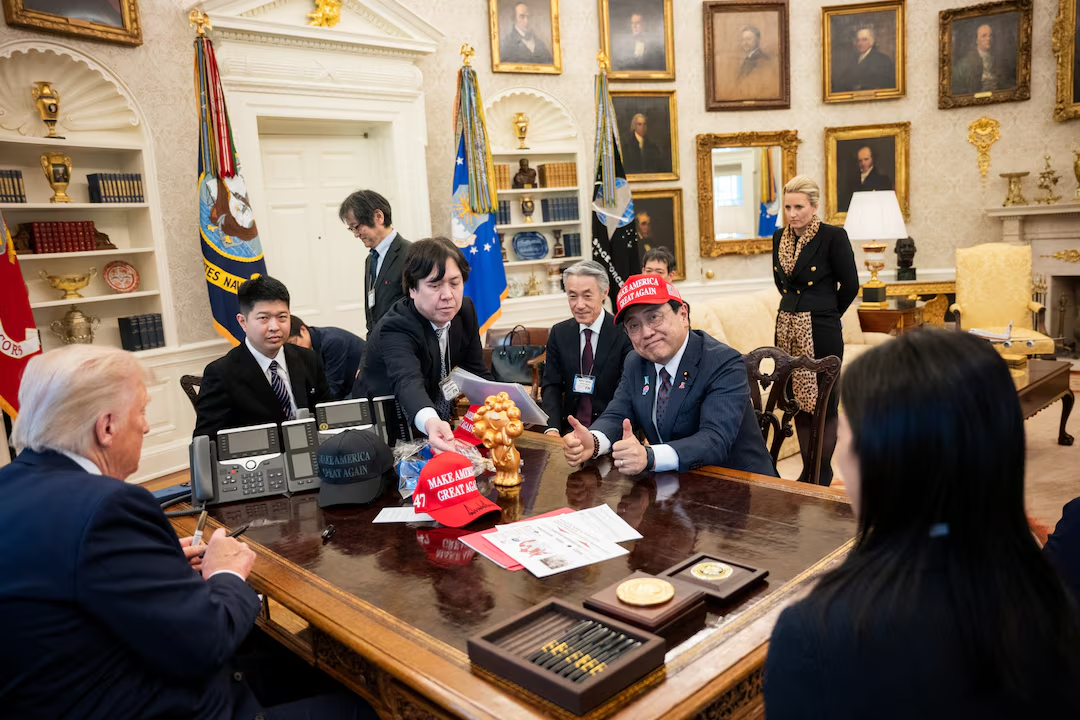Trade War Escalates with New Tariffs
As the clock ticks down for countries to negotiate favorable trade terms with the United States, President Trump"s impending decision to impose new tariffs as high as 70% sends shockwaves through the global economy. This heavy-handed approach threatens not only international relations but also the livelihoods of countless workers across various industries, both domestically and abroad.
Economies at Risk of Collapse
With just days remaining until the July 9 deadline, countries like Japan and members of the European Union find themselves in a precarious position. Trump’s threats of dramatic tariff increases on these nations could lead to retaliatory measures, spiraling into a full-blown trade war that could devastate economies. According to The Economic Times, this trade conflict is not just a political maneuver; it poses real risks of increased inflation and a slowdown in economic growth that disproportionately affects working-class families.

U.S. Senate Confirms Jamieson Greer as Unite…
Workers Bear the Brunt of Tariff Impacts
Increased tariffs do not only raise prices on imported goods; they have a cascading effect on local jobs. Industries that rely on international supply chains could see production costs skyrocket, leading to layoffs and wage stagnation. The manufacturing sector, already vulnerable to market fluctuations, is set to suffer the most. As reported by research studies, economic instability can lead to significant mental health challenges among workers facing job insecurity and financial strain.
Global Solidarity Against Economic Injustice
Trump"s unilateral decision-making disregards the interconnectedness of modern economies. As countries scramble to negotiate, the reality is that workers from all corners of the globe are in this together. Labor movements are rising in response, advocating for fair trade practices that prioritize worker rights and environmental standards. The voices of the labor force must be amplified in these negotiations; their well-being hinges on the outcomes.

Japan is a test case for Trump"s tariff deals. But talks may ...
Time for Progressive Action
With the impending deadline looming, progressive leaders must rally support for policies that protect workers and foster equitable trade practices. This is not merely an economic discussion; it is a human rights issue. Every percentage point increase in tariffs can result in job losses and wage cuts, further entrenching economic inequality. As highlighted in Ethan Jarden"s analysis, a critical perspective on globalization reveals that economic policies must prioritize the needs of the many, not just the profits of the few.







![[Video] Gunfire between Iraqi security forces and Sadr militias in Baghdad](/_next/image?url=%2Fapi%2Fimage%2Fthumbnails%2Fthumbnail-1768343508874-4redb-thumbnail.jpg&w=3840&q=75)
